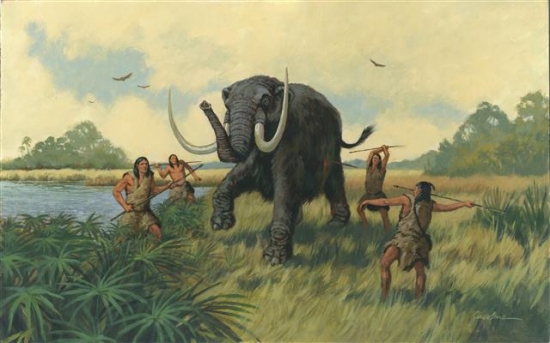
Controversial Ice Age Site to be Excavated
News December 18, 2013

Recommended Articles
Model Homes March/April 2026
Doorways for the Dead
LOCATION: Thebes, Egypt
DATES: Ca. 1981–1975 b.c.

Model Homes March/April 2026
A Maya God’s Humble Abode
LOCATION: Copán, Guatemala
DATE: Ca. a.d. 700–850


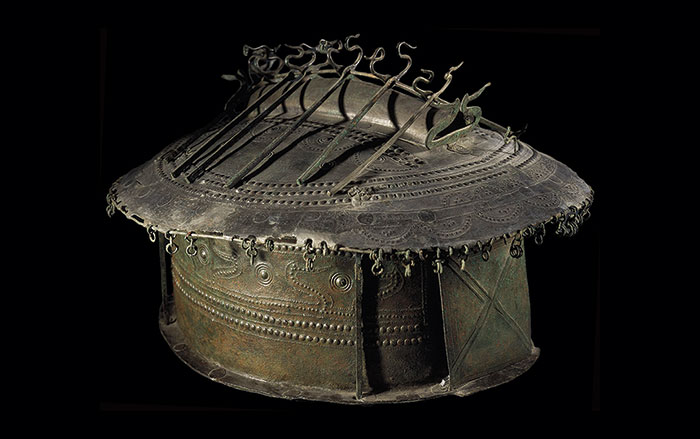
-
Features November/December 2013
Life on the Inside
Open for only six weeks toward the end of the Civil War, Camp Lawton preserves a record of wartime prison life
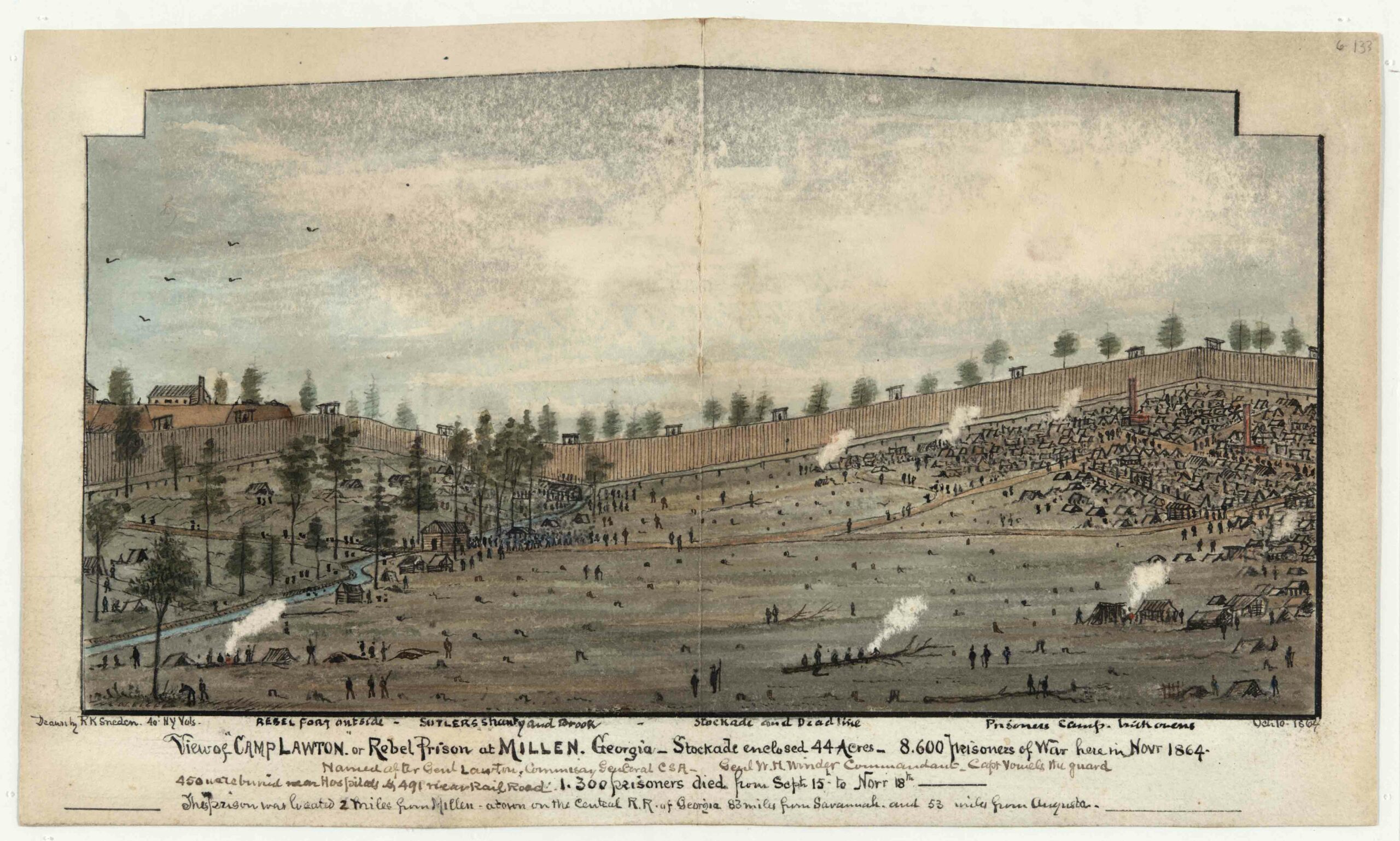 (Virginia Historical Society, Mss5.1.Sn237.1v.6p.139)
(Virginia Historical Society, Mss5.1.Sn237.1v.6p.139) -
Features November/December 2013
Vengeance on the Vikings
Mass burials in England attest to a turbulent time, and perhaps a notorious medieval massacre
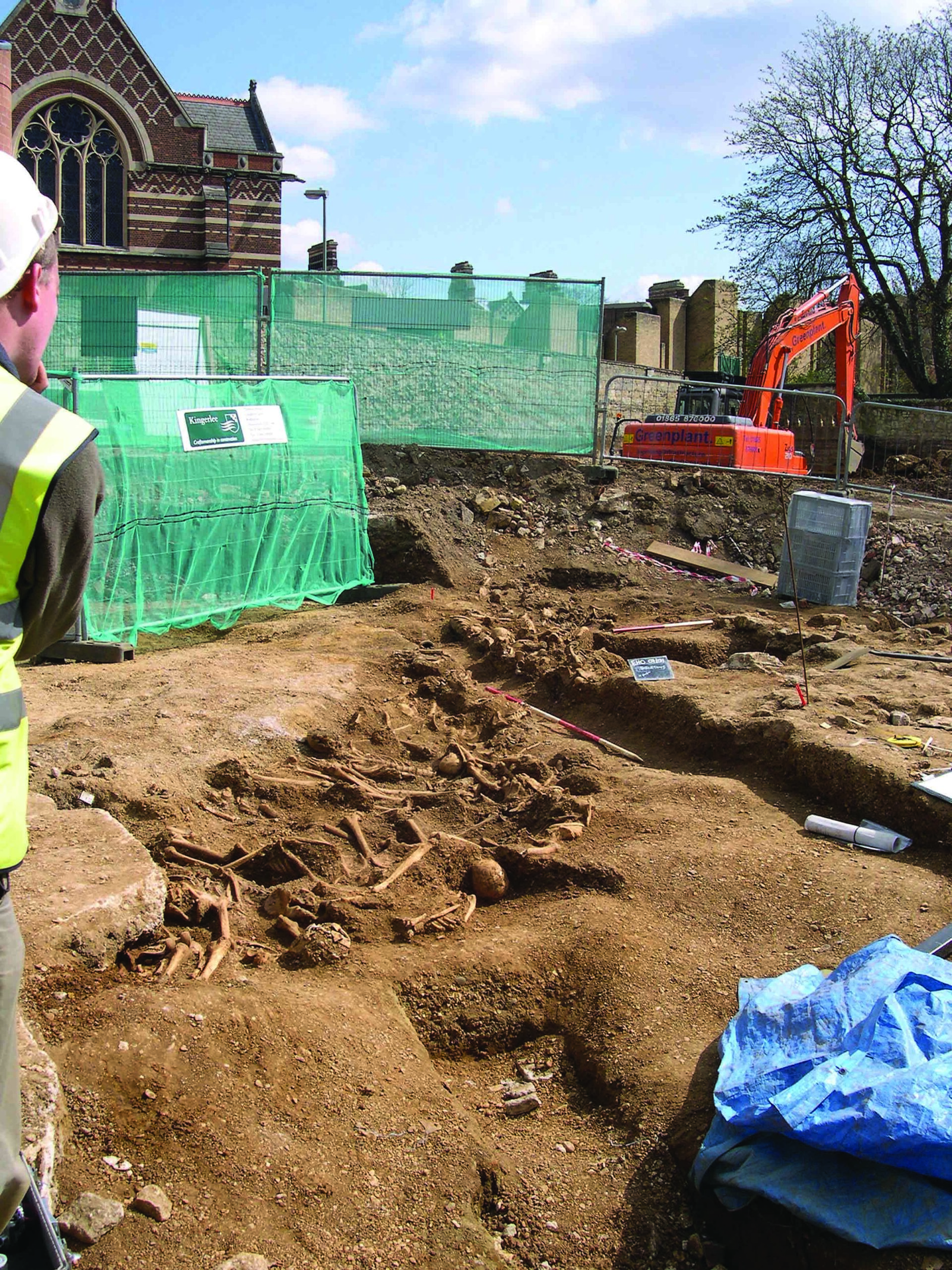 (Courtesy Thames Valley Archaeological Services)
(Courtesy Thames Valley Archaeological Services) -
Letter from Bangladesh November/December 2013
A Family's Passion
A father and son watched over a site in northeastern Bangladesh for decades before archaeologists came to see what was there
 (Courtesy Reema Islam)
(Courtesy Reema Islam) -
Artifacts November/December 2013
Moche Ceremonial Shield
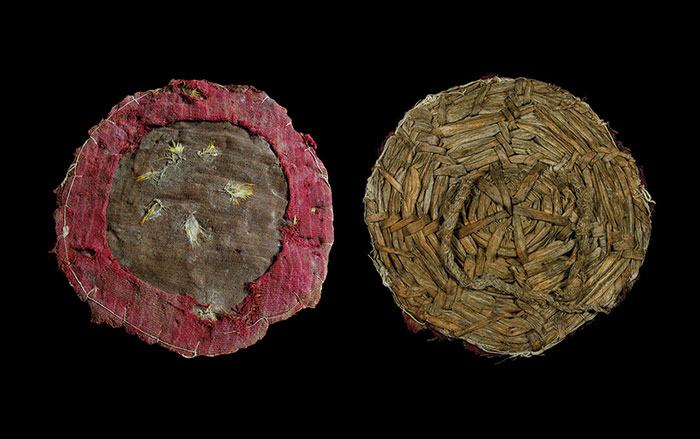 (Courtesy Lisa Trever, University of California, Berkeley)
(Courtesy Lisa Trever, University of California, Berkeley)

